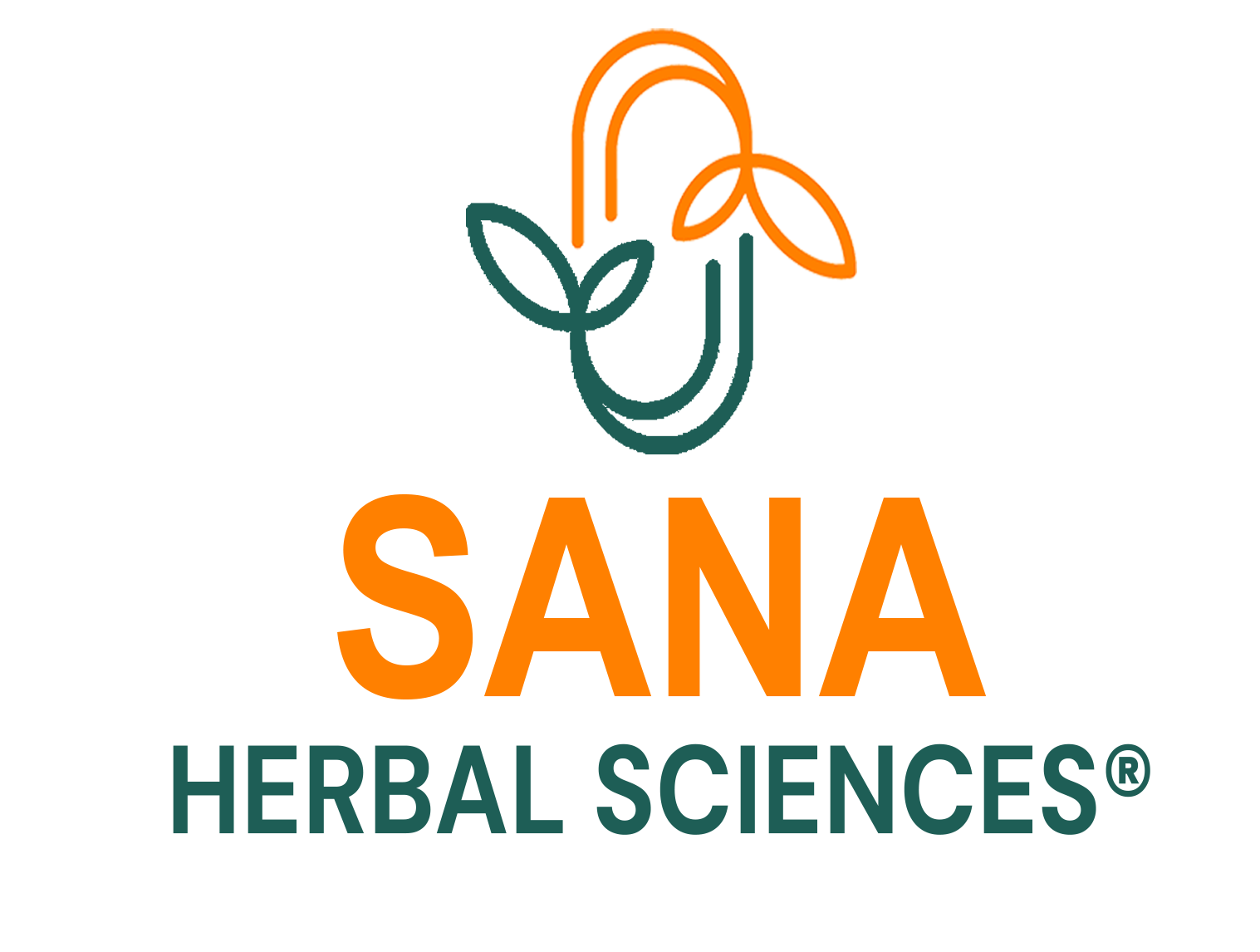A massive UK study of 542,778 women over 16.6 years identified 12,251 cases of colorectal cancer, revealing that alcohol increases risk by 15% per 20g/day, while calcium reduces it by 17% per 300mg/day.
Key Findings:
-
Study Overview:
-
Participants: 542,778 women in the UK
-
Follow-up Period: 16.6 years (average)
-
Incident Cases: 12,251 cases of colorectal cancer
-
-
Alcohol Consumption:
-
Risk Increase: 15% per 20g/day of alcohol
-
Confidence Interval (CI): 1.09-1.20
-
P-value: < 0.0000001
-
Comparison: Aligns with the World Cancer Research Fund's 14% increased risk per 20g/day
-
-
Calcium Intake:
-
Risk Reduction: 17% per 300mg/day of calcium
-
Confidence Interval (CI): 0.77-0.89
-
P-value: < 0.000001
-
Dairy Connection: Dairy milk reduces risk by 14% per 200g/day
-
-
Dairy Products & Nutrients:
-
Inverse Associations:
-
Dairy milk
-
Yogurt
-
Riboflavin
-
Magnesium
-
Phosphorus
-
Potassium
-
-
-
Red & Processed Meat Consumption:
-
Risk Increase: 8% per 30g/day (29% per 100g/day)
-
Confidence Interval (CI): 1.03-1.12
-
P-value: < 0.01
-
-
Protective Foods:
-
Inverse Associations with Colorectal Cancer Risk:
-
Breakfast cereal
-
Fruit
-
Wholegrains
-
Carbohydrates
-
Fibre
-
Total sugars
-
Folate
-
Vitamin C
-
-
-
Genetic Analysis:
-
Genetically Predicted Milk Consumption:
-
Colorectal cancer risk reduction: 40% per 200g/day
-
Colon cancer risk reduction: 40% per 200g/day
-
Rectal cancer risk reduction: 51% per 200g/day
-
-
-
Correlation Insights:
-
Strongest Pairwise Correlations:
-
Calcium, phosphorus, riboflavin, dairy milk, magnesium, potassium
-
-
Fibre-related Correlations: Carbohydrates, total sugars, magnesium, fibre, folate, wholegrains, vitamin C, and fruit
-
Weak Correlations: Alcohol and red/processed meat with other dietary factors
-
-
Sensitivity Analyses:
-
Findings Consistency: Results were stable even when restricting to women in good health or analyzing data 5+ years post-baseline
-
Sub-site Differences: Alcohol was less harmful in the proximal colon but most harmful in the rectum (p for heterogeneity = 0.02)
-
-
Potential Mechanisms:
-
Calcium: Binds bile acids, reduces colonic permeability, promotes epithelial cell differentiation, enhances apoptosis, and reduces DNA oxidative damage
-
Alcohol: Produces acetaldehyde, disrupts DNA repair, generates carcinogenic reactive oxygen species
-
Red/Processed Meat: Haem iron forms mutagenic N-nitroso compounds, high-temperature cooking forms carcinogenic compounds
-
For those looking to support their colon health, the Colon Tonic formula crafted by Dr. Marco Sikaffy offers a comprehensive solution. This powerful blend is designed to detoxify the colon, balance the microbiome and candida, and alleviate inflammation. It helps stop bleeding when present, eliminates parasites, and ensures effortless stool movement, promoting regular waste elimination. By maintaining a healthy colon environment, Colon Tonic plays a critical role in long-term digestive health and overall wellness.
Click Here to find out more about Colon Tonic

Conclusion:
This extensive study confirms that alcohol and red/processed meat significantly increase colorectal cancer risk, while calcium and dairy products provide substantial protection. These findings reinforce dietary recommendations for cancer prevention and highlight the potential benefits of increasing calcium intake through diet or supplements.















